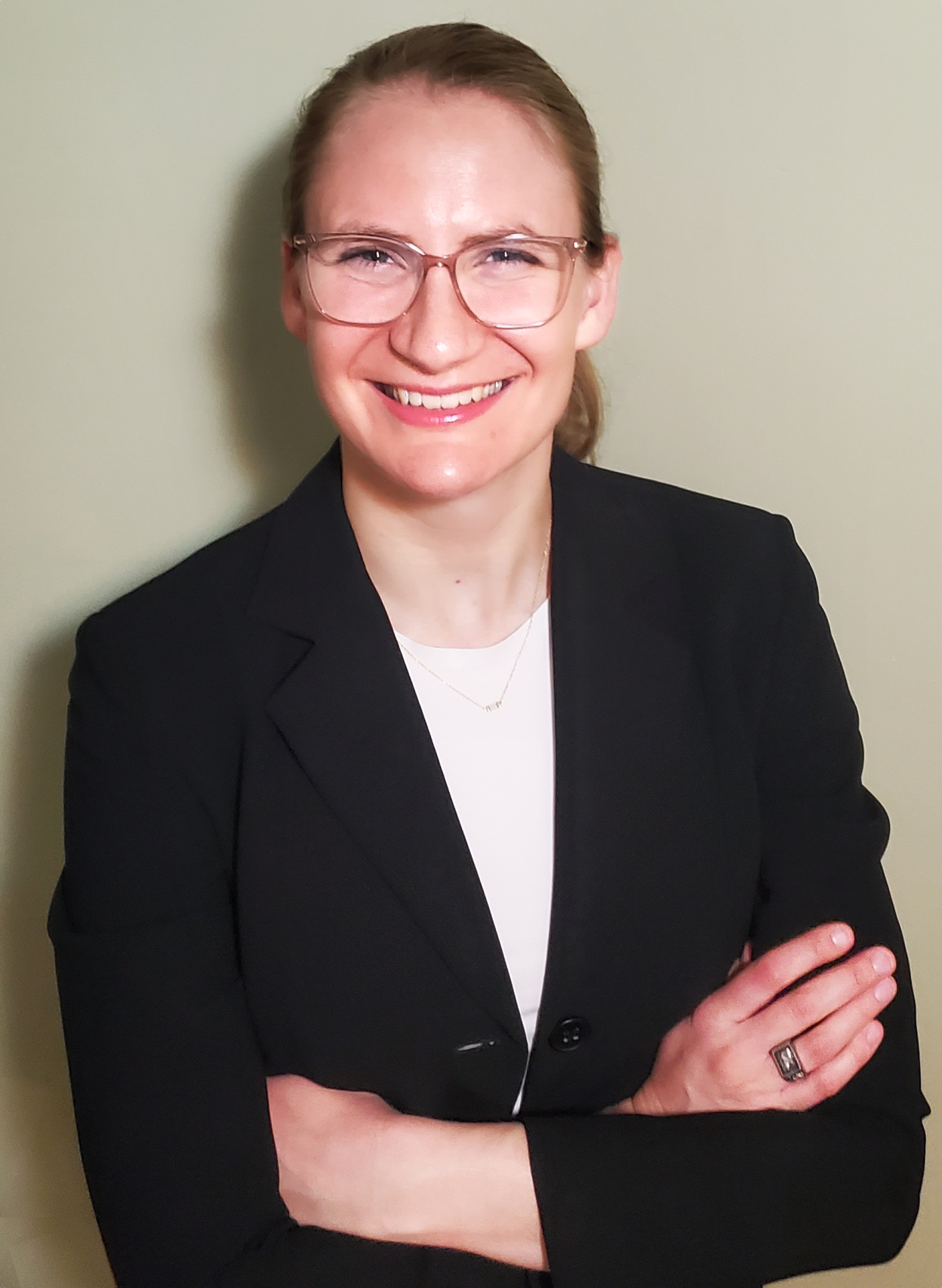How To Conference
Recently several members of the Microsystems and Mechanobiology Lab attended the annual meeting of the Biomedical Engineering Society in Philadelphia, including four of my undergraduate student mentees, who came to present their work at a poster session. Several times during the conference they asked for advice on how to make the most of it. I wanted to write a post to share what I know (and invite anyone reading it to share their own thoughts). Hopefully I will get better at this as time goes on. But for now, let’s talk about How To Conference!
Bring business cards - Conferences are a great place for networking, both to further your research and your career. It was difficult for me to keep track of the people I met, and business cards would have made it much easier.
Have a place to take notes on talks, people you meet and posters you see - Again, because this is a great chance to network with other researchers, you want to keep a record of whose work was relevant or interesting to you. I did not have a great system - I used a combination of notes in my phone, webpages from different labs saved in my phone’s Internet browser, photographs of posters and notes on a legal pad. In future I think recording everything in my lab notebook (or some other central location) would probably be a better system.
Don’t forget to attend plenary sessions - I forgot to look up the plenary sessions before the conference and did not even know when they were scheduled until 15 minutes before the first one started. Plenary sessions are usually fantastic talks by giants in the field and are great to go to so that you can learn something new, be inspired, experience the wisdom of the speaker, and have something to chat about with other conference attendees later.
Network, you’ll need those connections eventually - I’m only in my second year of grad school so my post-grad school life is not a major concern for me right now, but that’s a short-sighted attitude. Life moves fast and before you know it you will be wrapping up your thesis and looking for your next opportunity. If you have spent years cultivating working relationships with other researchers and industry partners - which is the whole point of a conference - you will be in a much better place to find new opportunities when you’re ready for them. People will already be familiar with you and your work and they will want to you help you continue to do great things.
Force yourself to be outgoing and meet new people, don’t just hang with folks you know - I’m an introvert so I suck at this, but every time I did meet someone new I was pleasantly surprised by how painless it was. The other people at conferences are also interesting, have new ideas, things they can teach you and connections that you might find useful, but you will never know if you spend the whole time hanging out with your lab mates.
Don’t party too hard - it’s still a networking event after 5 pm and you are going to have to attend session talks at 8 am tomorrow - I saw a LOT of people looking very miserable on the morning of the second day of the conference. I don’t mean to stop you from having fun but let’s be real for a second: you only get to attend a couple of conferences while in grad school so you need to make each one count. They are huge opportunities for networking for your next career move (see above) and if you party too hard you could give potential employers a bad impression, or simply miss out on a talk or poster that sparks the conversation which takes you in a new direction. Personally, I would suggest saving the partying for when you get back home with a ton of new business cards in hand.
Go to all the talks you can - I think this is especially true for undergraduate students who should just expose themselves to as much new research as possible, but I also felt it was true for me. Even when I didn’t understand the science at all, simply hearing about new microscopy techniques or new research areas or new computer programs broadened my understanding of what is possible. This is a fast and efficient way to expand your horizons without having to read an entire issue of Nature or Science.
Ask questions as often as you can - I tried putting a little pressure on myself to ask questions when the talks were in my area of research. Asking questions means you have to be paying attention to the entire 15 minute talk and thinking critically about it, which is a great thing to do in general. And my questions helped me expand my own understanding of a subject, so it was to my benefit to ask them. They also gave me an opportunity to connect one-on-one with interesting speakers who might be potential collaborators in the future.
If you don’t know any of the science in the talk, think about how to communicate the science instead - This was my fall-back activity when the science of a talk was completely beyond me - I watched the speaker’s communication style and I mentally critiqued their slide design. Communication is a critical part of research and conferences are a great opportunity to see what other researchers believe is the best way to communicate their science. I took notes on what kinds of plots I liked, how different presenters cued their audience to where they were in the story, how slides communicated the key idea, and how the speakers modulated their voice to help the audience follow along. Watching talks is like watching pro soccer to learn how to be a better player.
